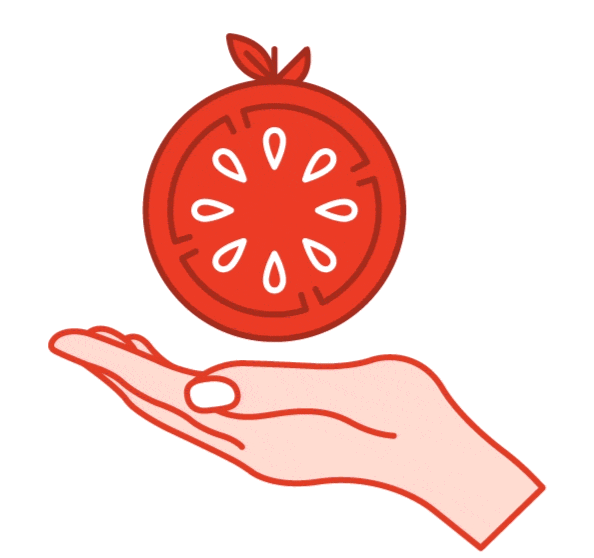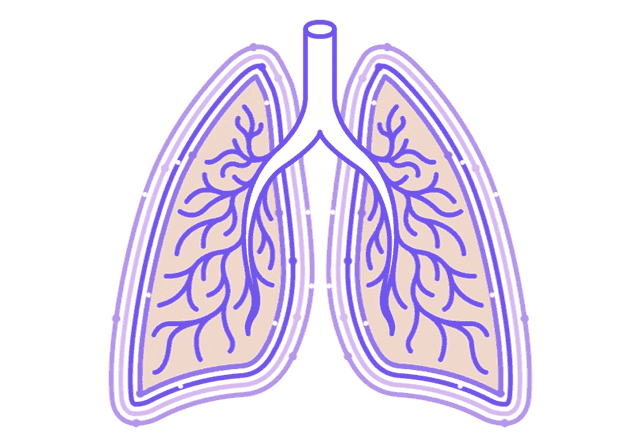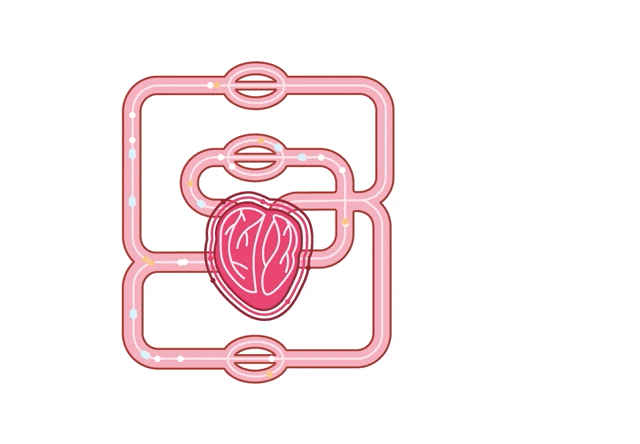You've found a lifelong ally.
Lycopene is the red-hued molecule responsible for the vibrant coloration of many fruits and veggies. The body can’t produce this nutrient on its own, so it’s essential to get it through diet and supplementation. Acting as a potent antioxidant, lycopene plays a different beneficial role in our wellness at every stage of life.
See how it works.
You've found a lifelong ally.
Meet the ultimate team player.
With its unique molecular structure and makeup, lycopene is capable of using a variety of mechanisms to work synergistically with other nutrients and compounds to produce different beneficial effects. Studies have shown that the positive impacts of lycopene supplementation are even more pronounced when the carotenoid is partnered with other phytonutrients.1 Take a look at a few of these cooperative carotenoids and see how they help throughout our lives.
1 Aust, O. et al., 2005. Int J Vitam Nutr Res. 75:54-60.
Meet the ultimate team player.
Lycopene is more than a phytonutrient. It is our partner.
For over two decades, we’ve been investing in, studying, and growing with this incredible carotenoid. Just when we think we know it better than anyone else, it surprises us again, revealing more potency, more possibility with every passing year. Our garden has grown significantly over the years, but this carotenoid continues to inspire and galvanize us. We never know for sure where it might lead us next, but we’re so happy to have you on this incredible journey with us. Welcome.
Get to know us better.Lycopene is more than a phytonutrient. It is our partner.
We're here for you!
Interested in speaking directly with a member of our team?
Click below to get in touch.





